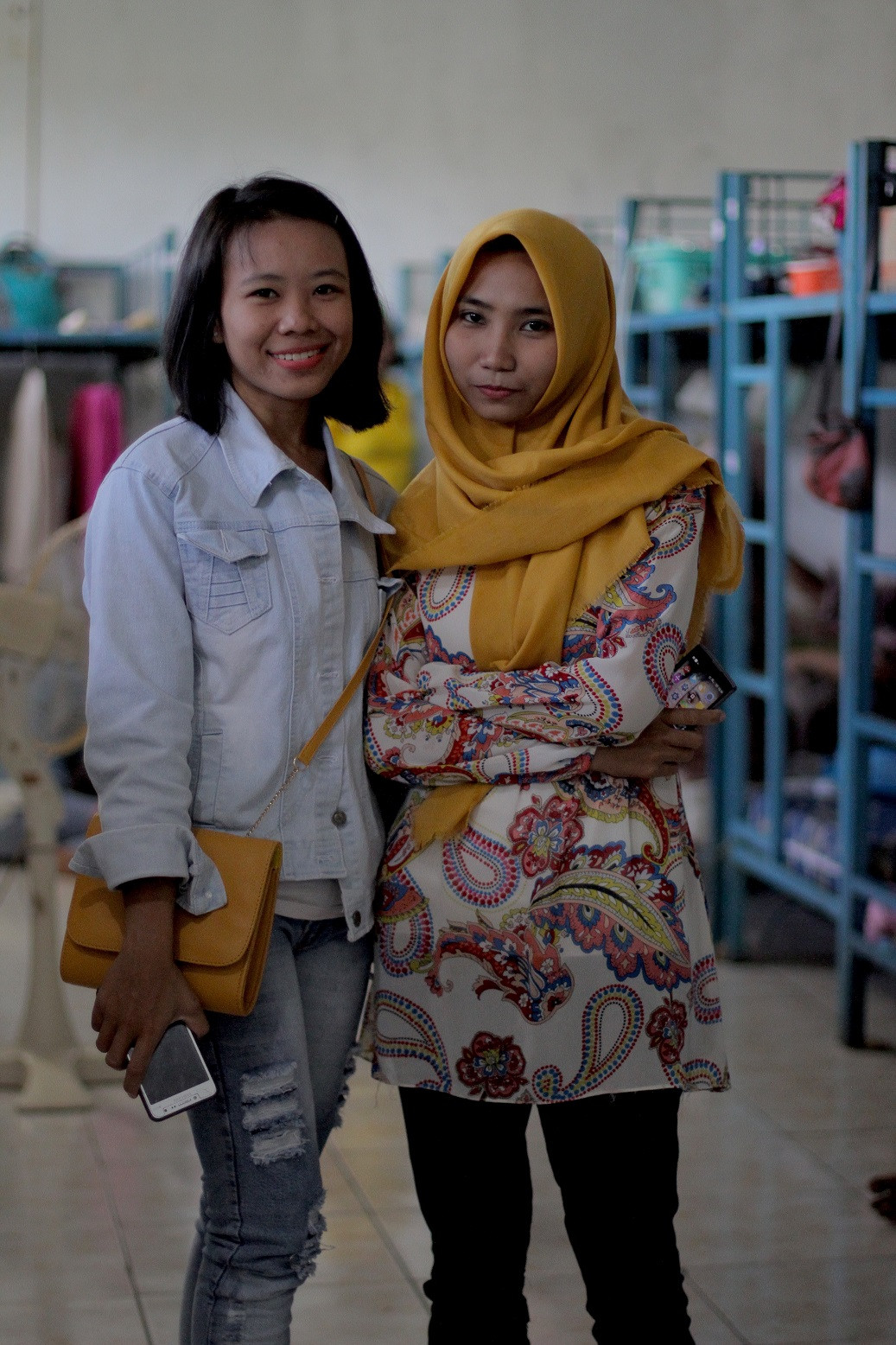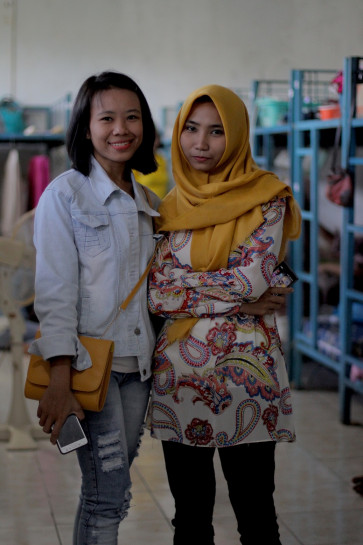Popular Reads
Top Results
Can't find what you're looking for?
View all search resultsPopular Reads
Top Results
Can't find what you're looking for?
View all search resultsPoor COVID-19 testing throws travel corridor, labor plans up in air
Taiwan cut the flow of migrant labor from Indonesia while Japan is content to wait until the rise in confirmed COVID-19 cases plateaus, all amid fears of cross-border transmission.
Change text size
Gift Premium Articles
to Anyone
T
he growing number of active COVID-19 cases coupled with Indonesia’s poor testing and tracing capacity has raised questions about the prospect of restarting cooperation with global partners, especially on so-called travel corridors and migrant labor arrangements.
Last week, Taiwanese authorities extended a ban on Indonesian migrant workers coming to the island, citing a surge in the number of infections among arrivals and lacking cooperation from the Indonesian side.
The Taipei Economic and Trade Office (TETO) in Jakarta revealed that Taiwan had recorded a total of 226 imported COVID-19 cases between Oct. 16 and Dec. 17.
From this figure, 127 positive cases were found in Indonesian migrant workers, making up more than 50 percent of all cases, more than any other country of origin.
Of these Indonesian arrivals, 76 were carrying negative polymerase chain reaction (PCR) test results when they landed.
TETO refuted claims made by Indonesia’s Agency for the Protection of Indonesian Migrant Workers (BP2MI), which suggested, among other things, that the incoming workers could have been infected upon entry in Taiwan.
TETO said Taiwan had not reported a single case of local viral transmission for 240 days prior to the imported cases, and alleged that inaccurate PCR tests may be to blame.


















